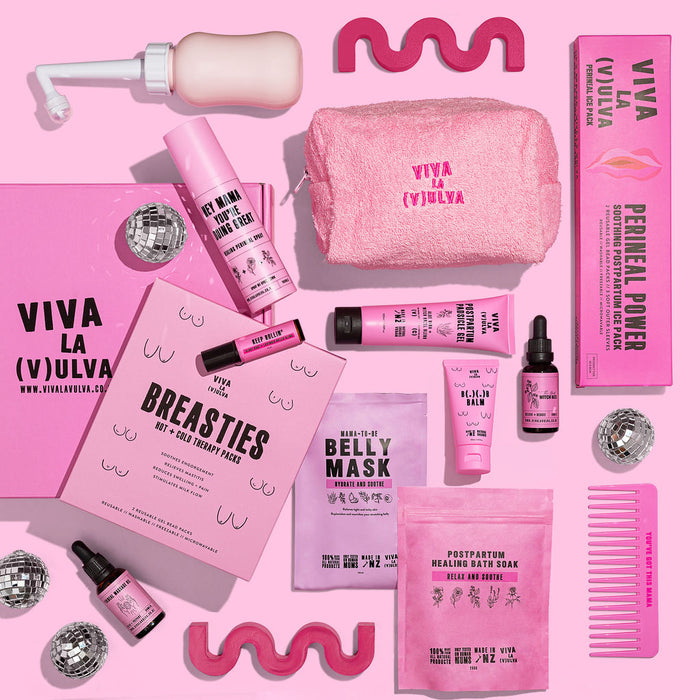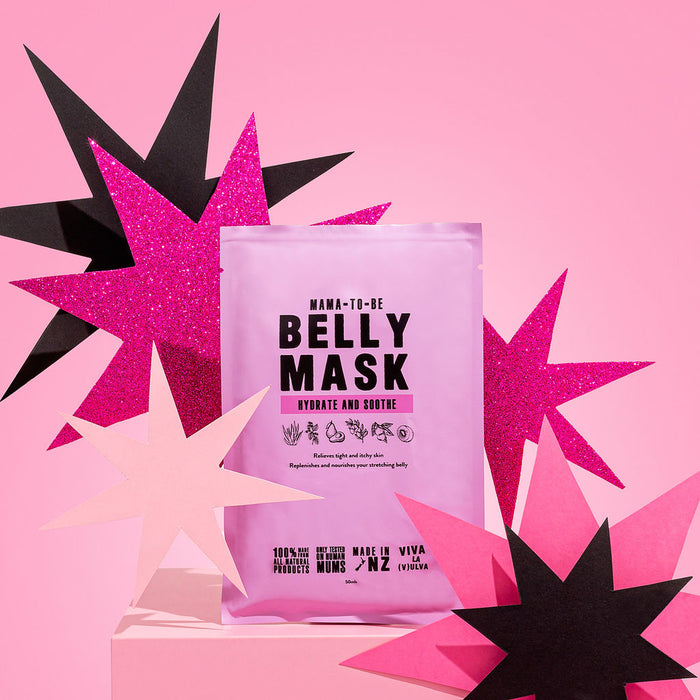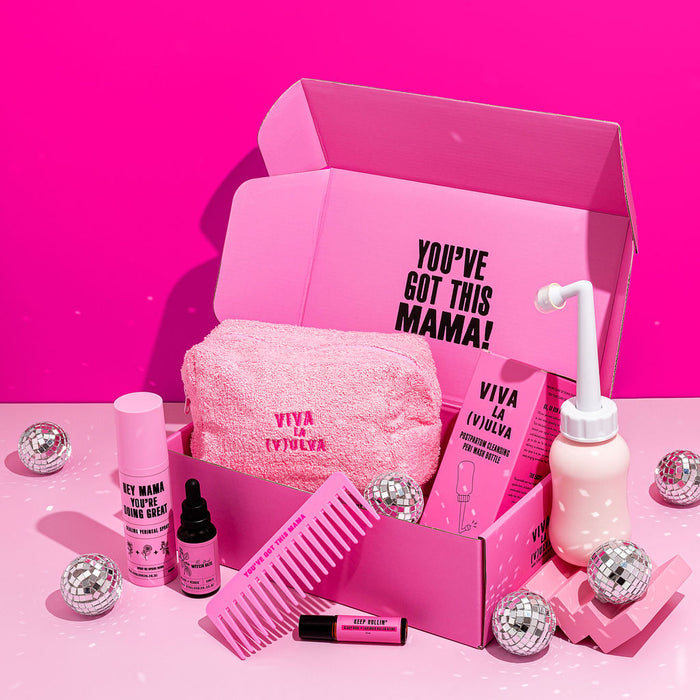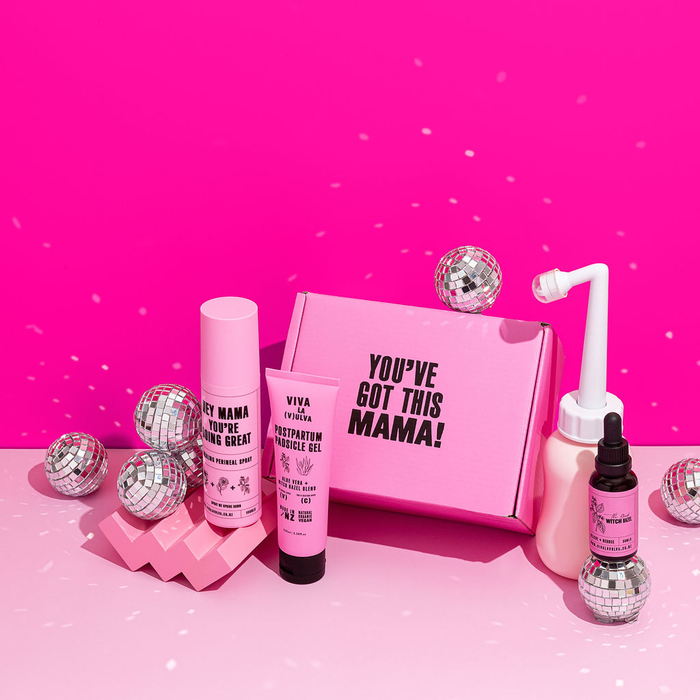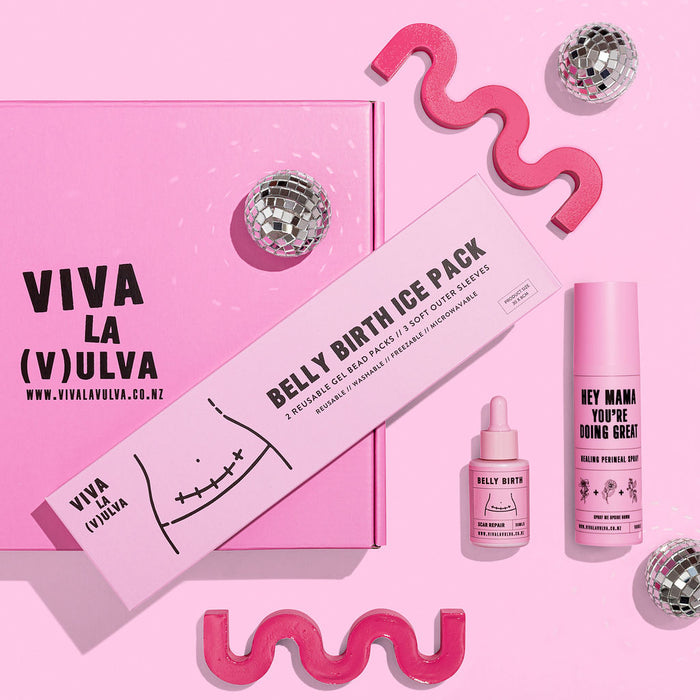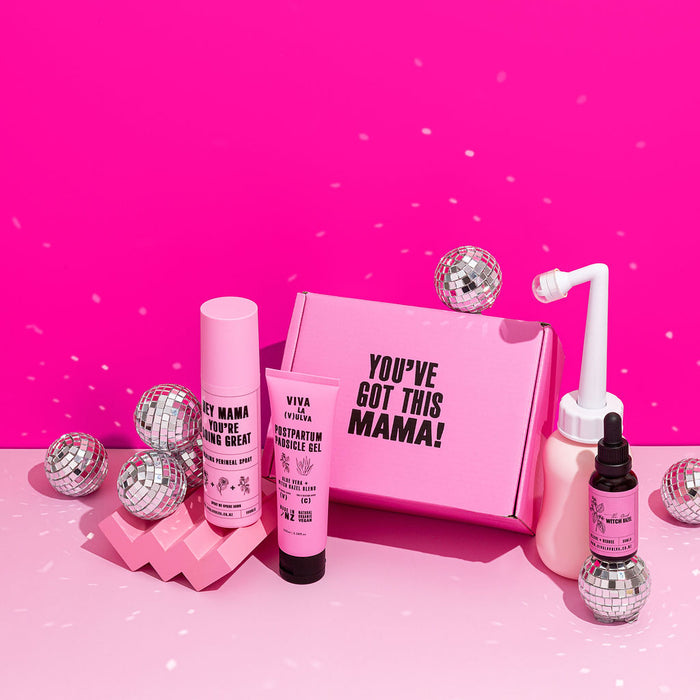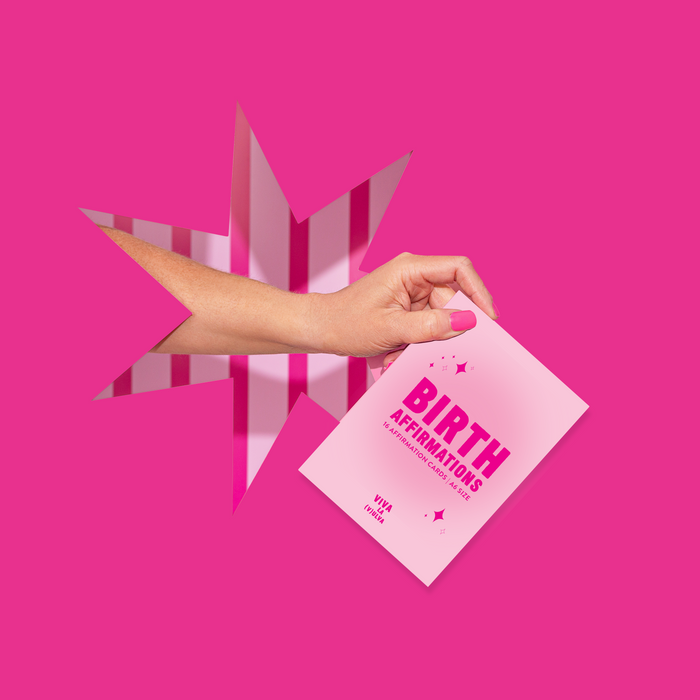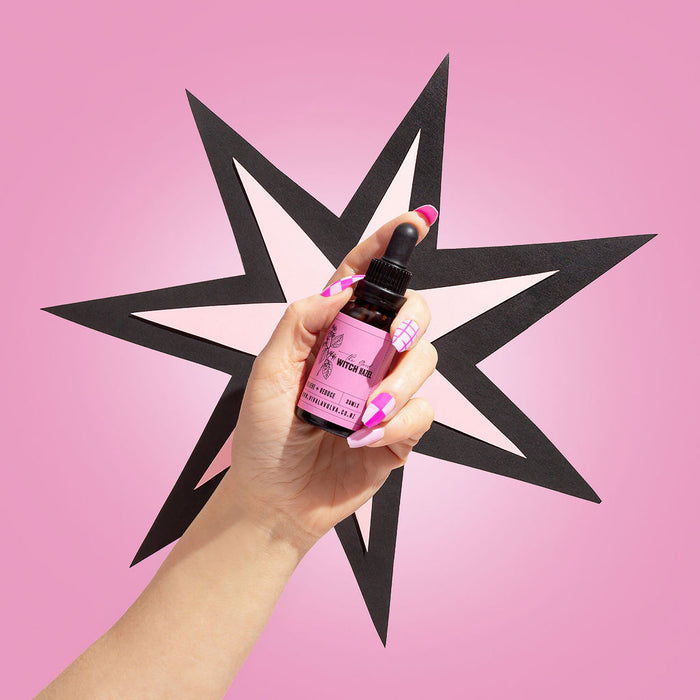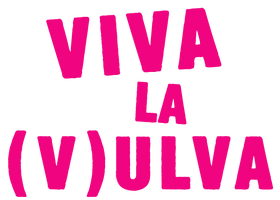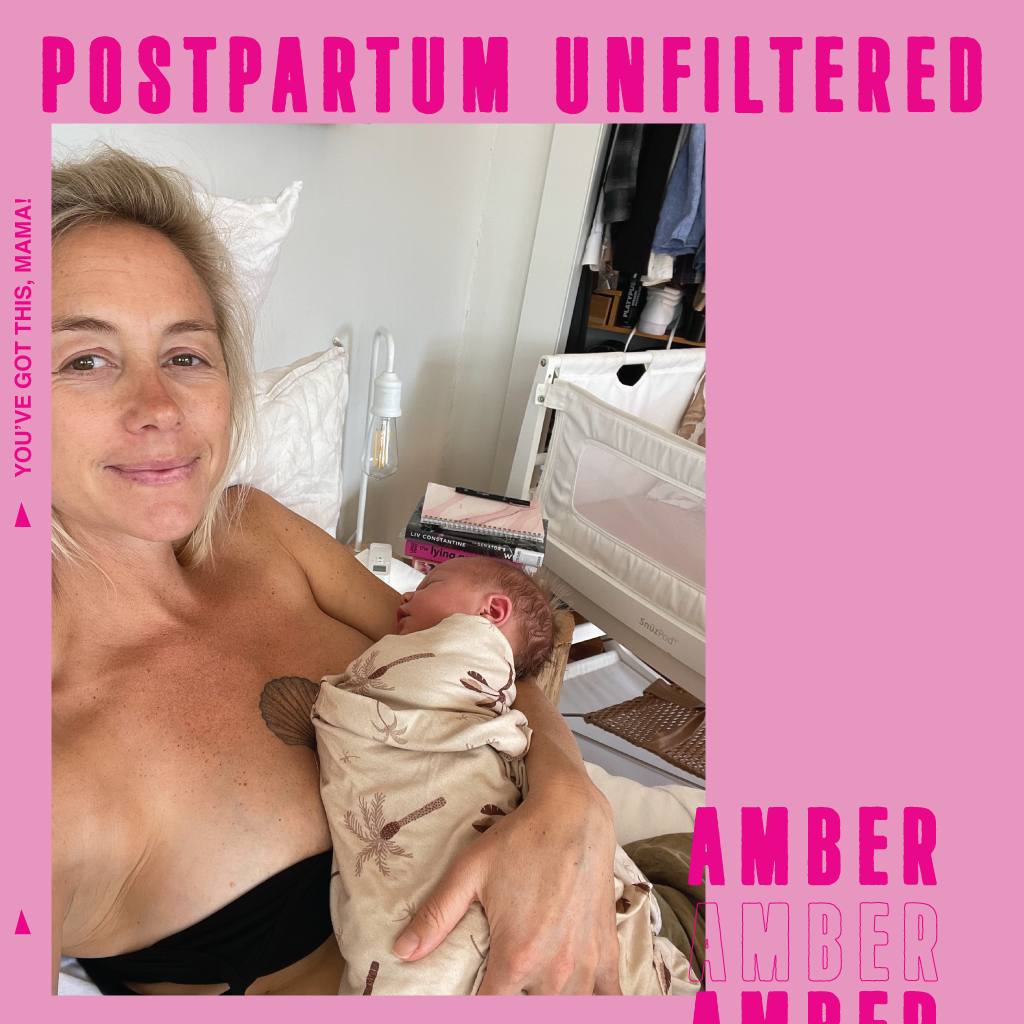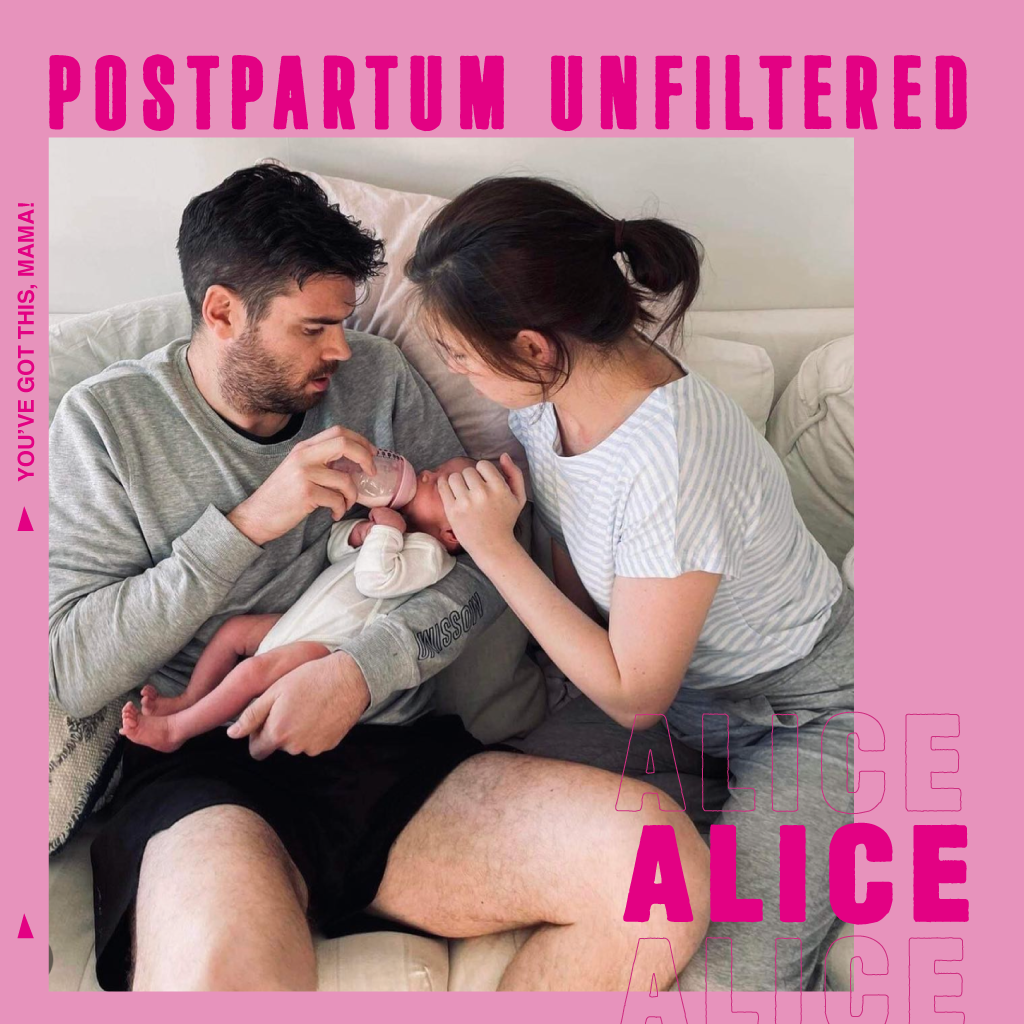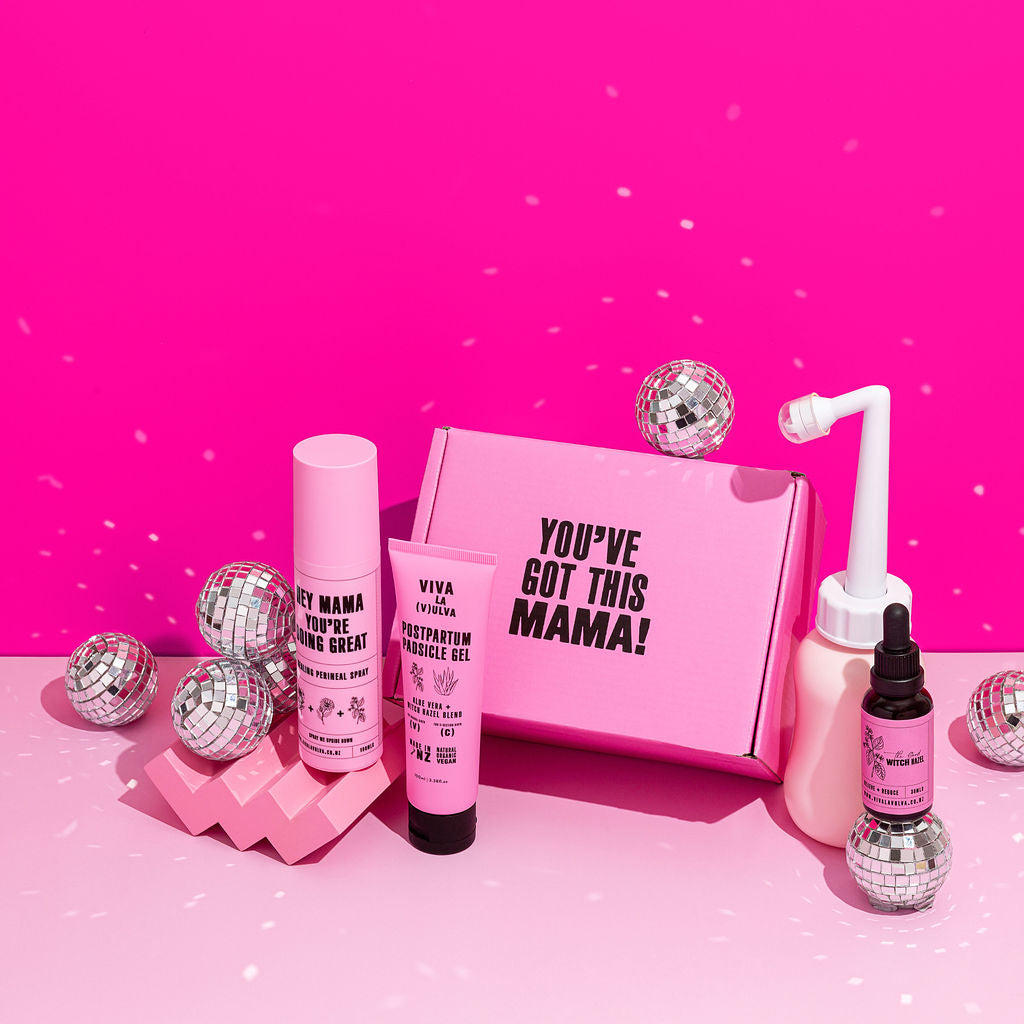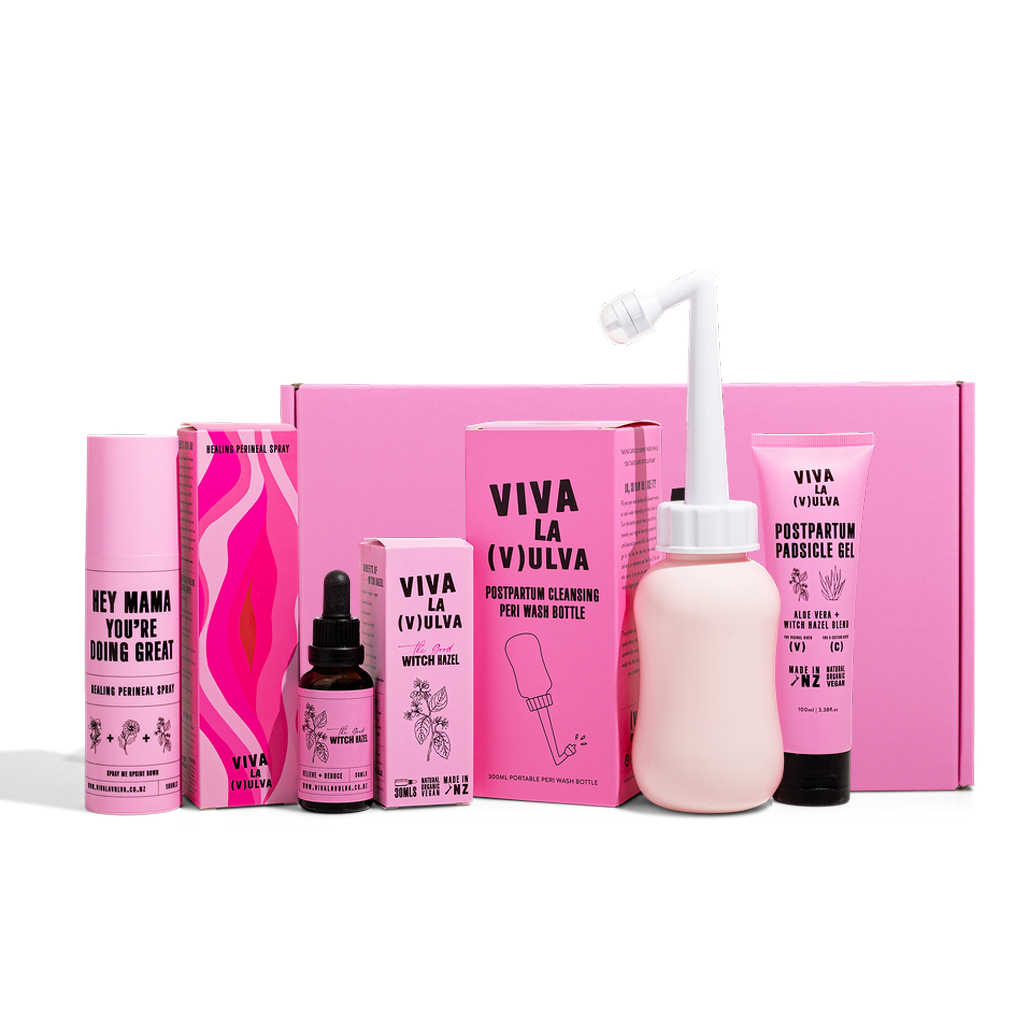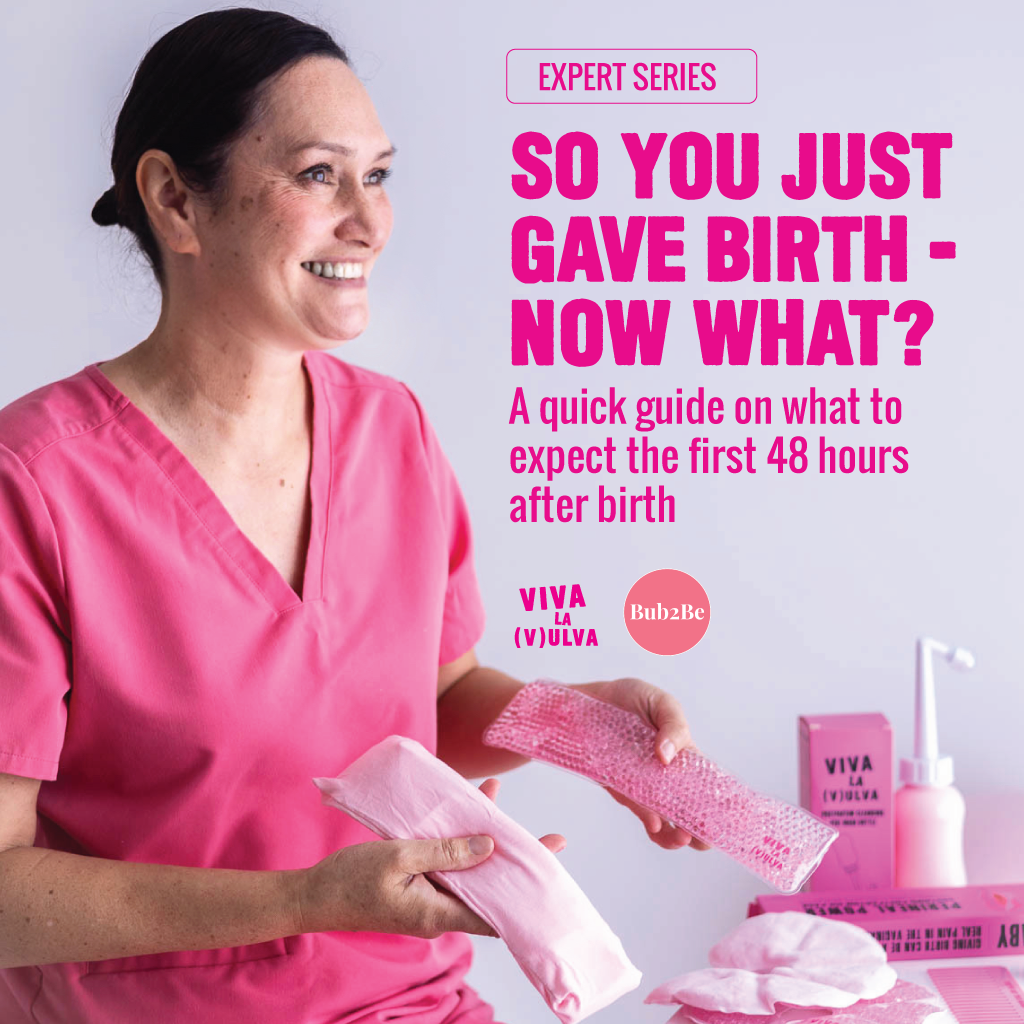
What to Expect in the First 48 Hours After Birth - with Bub2Be Antenatal Educators
We chat to the amazing team, Paula & Taylor, from Bub2Be Antenatal Educators, who are apart of our Tribe of Experts, on what to expect in the first 48hours after birth.
The transition into parenthood marks a whirlwind of physical and emotional adjustments. The initial 48 hours after your baby's birth are pivotal as you, your pēpi, and your whānau embark on this transformative journey and adapt to your new roles. As Midwives, we understand that this period can feel a bit overwhelming. That's why, in collaboration with Viva La Vulva, we're here to offer practical advice and insights to help you confidently navigate these first few days.
This guide, sourced from Bub2Be’s very own comprehensive antenatal course, offers practical support for the crucial first 48 hours post-birth. Inside, you'll find valuable information about postnatal care, feeding your pēpi, postpartum care and recovery, maternal mental health, and the many services available to ensure you and your bub get off to the best possible start. Our team of Midwives are here to support you every step of the way!
Immediately After Birth
In addition to the physical and emotional changes you experience immediately after birth, several essential procedures occur during this time. Being aware of what to expect can help you feel more prepared and informed, making this significant and often overwhelming period more manageable.
Skin-to-Skin Contact
One of the first things that will happen after your pēpi arrives is skin-to-skin contact. This involves placing your naked baby directly on your chest, allowing for close contact and bonding. Skin-to-skin contact is crucial for regulating your baby's temperature, stabilising their heart rate and breathing, and promoting breastfeeding initiation. It also helps to establish a strong emotional connection between you and your baby, fostering feelings of security and comfort.
Apgar Score
Shortly after birth, your bub will undergo an assessment called the Apgar score. This assessment evaluates your baby's overall health and well-being by assessing their heart rate, breathing, muscle tone, reflexes, and skin colour. The score is given at one minute and five minutes after birth, with a maximum score of 10. Apgar scores help healthcare providers determine if any immediate interventions are needed to support your baby's transition to life outside the womb.
Breastfeeding Initiation
Breastfeeding initiation typically begins soon after birth, ideally during the first hour. This early initiation helps stimulate milk production and establishes breastfeeding patterns. Your LMC or the on-call Midwives will assist you in positioning your baby for breastfeeding and guide you on proper latch techniques. If you choose to breastfeed, the first few hours post-birth are an essential time to start this bonding process.
Bub2Be Tips:
- Experiment with different breastfeeding positions to find what works best for you and your baby.
- Instead of using the pillow solely to support your baby, try using it to support your arms. This can help reduce strain on your arms and back, making breastfeeding more comfortable and aiding in achieving a proper latch.
- Try to remain calm and patient as both you and your baby are learning; a relaxed environment can make the process smoother for both of you.
Physical Examinations
Right after your bub is born, your healthcare provider will conduct a thorough physical examination, carefully checking your baby's head, eyes, mouth, heart, lungs, abdomen, spine, genitals, and limbs. This is to identify any potential physical health concerns early on, ensuring your baby gets the best possible start in life. Additionally, your healthcare provider will record baby's weight, length, and head circumference to establish a baseline for growth and development tracking.
Bub2Be Tips: Don’t hesitate to ask your healthcare provider any questions you have during the examination to understand each step.
Vitamin K
Newborns are born with low levels of vitamin K, which is essential for blood clotting. To prevent a rare but serious condition called vitamin K deficiency bleeding, your baby can receive a vitamin K injection soon after birth. This injection helps to ensure that your baby's blood can clot properly, reducing the risk of bleeding problems in the early days of life. Although important, the administration of Vitamin K is optional.
Bub2Be Tips:
- If you’re uncertain, discuss the benefits and any concerns you have about the vitamin K injection with your healthcare provider to make an informed decision.
- If you opt out of the injection, inquire about oral vitamin K supplements as an alternative.
Birth of the Placenta
After your baby is born, you will still need to deliver the whenua (placenta), which provided nutrients and oxygen to your baby during their time in the womb. This process, referred to as the third stage of labour, usually happens within 30 minutes of giving birth. Your healthcare provider will help guide you through this process, which may involve some mild contractions and pushing.
Sometimes, extra help is needed to remove the placenta, called a 'retained placenta.' It’s important to address this early, as the delivery of the placenta is important to prevent excessive bleeding and to complete the birthing process: Physiological Management and Active Management
Your healthcare provider will discuss the pros and cons of each option with you. They may also suggest ways to help, like:
· Breastfeeding to release natural oxytocin
· Gently massaging your womb through your tummy
· Sitting or squatting, allowing gravity to work its magic!
Perineum Tearing and Stitches
During childbirth, it's common for the perineum (the area between the vagina and the anus) to stretch or tear. Depending on the severity of the tear, you may require stitches to help the area heal properly. Your healthcare provider will assess any tears and provide appropriate pain relief and suturing if necessary. Proper care of perineal tears can prevent infection and reduce discomfort during your recovery. Although suturing may feel uncomfortable or mildly painful, the procedure is typically quick.
Vaginal Bleeding (Lochia)
Immediately after birth, you can expect bleeding similar to a heavy menstrual period is normal. The bleeding will be bright red and may contain small clots. You might feel occasional gushes of blood, especially when standing up after sitting or lying down for a while.
Bub2Be Tips:
- You can use large maternity pads, adult nappies, or postpartum underwear to manage bleeding, changing them frequently for comfort and hygiene.
- Avoid using tampons as they can increase the risk of infection.
- Monitor the amount and consistency of your bleeding, and if it becomes excessively heavy or you pass large clots, inform your healthcare provider promptly.
Your First Meal Post-Birth
After all that physical and emotional mahi, you’re bound to feel hungry and exhausted, making your first meal post-birth important for replenishing your energy and hydration levels. Most hospitals provide nutritious meals for new māmā, but it's a good idea to bring your own snacks just in case. Pack healthy "grab-and-go" options like fruit, muesli bars, and cheese and crackers. If you plan to give birth at home, prepare easy and nutritious snacks, as well as a meal, for immediately after the birth.
Bub2Be Tips: We strongly recommend eating and rehydrating before your first shower. This is because exposure to hot water causes vasodilation, causing blood vessels to widen, increasing blood flow and lowering blood pressure. This can cause dizziness in women who’ve recently given birth, as the drop in blood pressure can be more pronounced in their state of exhaustion.
Day 1: The First 24 Hours
The first 24 hours post-birth are crucial for adjustment and recovery. Depending on your needs and preferences, you may receive postnatal care in a hospital, a primary birthing center, or at home. Hospitals offer comprehensive medical support and monitoring, while birthing centers provide a homelier environment with midwifery-led care. If you choose home-based postnatal care, a community midwife or your LMC will visit regularly to offer support and assistance. Here’s what you can expect during this period:
Fatigue and Exhaustion
It’s common to feel extreme tiredness as the physical demands of labour and birth are now compounded with your baby’s ‘normal’ nocturnal behaviours, such as frequent feeding, settling and wakefulness.
Bub2Be Tips:
- Prioritise rest whenever you can. Try to sleep when your baby sleeps, and don’t hesitate to accept help from whānau and friends for household tasks and baby care.
- If you’re reading this before your little one has arrived, now is a great time to discuss how family and friends can support your rest and recovery post-birth. Consider setting up a roster for chores like cooking and cleaning, and talk to your partner or support person about how you will manage sleep and night wakes.
Uterine Contractions (Afterpains)
In the hours after giving birth, you may start to feel cramps as your uterus contracts back to its pre-pregnancy size. These may be more noticeable during breastfeeding. The cramps can feel like menstrual cramps and may be more intense with each subsequent pregnancy.
Bub2Be Tips:
- Using a hot water bottle or warm compress on your abdomen can ease cramping.
- Over-the-counter pain medications, with your healthcare provider's approval, can also help manage discomfort.
- Although it may intensify afterpains, breastfeeding helps your uterus contract back to its normal size more quickly.
Perineal Discomfort
Post-birth, it’s common to experience swelling and bruising of the perineal area (The tissue between the vagina and the anus.) causing soreness and discomfort, particularly when sitting or moving. Although the vagina itself typically doesn't swell or bruise, as it’s a highly elastic and muscular structure designed to accommodate the passage of a baby!
Bub2Be Tips:
- Ice packs, such as Viva La Vulva’s Perineal Power Soothing Postpartum Ice Packs help to reduce swelling and ease discomfort.
- It's important to keep the area clean and dry during the initial days post-birth, so we suggest using a peri wash bottle for gentle cleansing after using the toilet, as recommended by Bub2Be’s Co-Founder, Taylor, who used Viva La Vulva’s Peri Wash Bottle after the birth of her son! Pat the area dry gently with toilet paper afterward.
- If recommended by your healthcare provider, over-the-counter pain medication can also offer relief.
Your First Bowel Movement
It may take a day or two to have your first bowel movement after birth due to weakened abdominal muscles. You may even feel anxious about the discomfort it will cause. Here are a few of our best Bub2Be Tips to help that process along:
- Drink plenty of water
- Snack on fibre-rich foods and include fibre-rich ingredients in most of your meals
- For extra support and if approved by your healthcare provider, consider taking a stool softener supplement
Baby’s Health Checks: Newborn Metabolic Screening and Newborn Hearing Screening
During the first 24 hours, your baby will undergo important health checks to assess their well-being. These checks typically include newborn metabolic screening, also called the ‘heel prick’ or ‘Guthrie’ test, which tests for rare but treatable conditions. During this test, a blood sample is taken from your baby’s heel. There’s also the standard newborn hearing screening, which assesses your baby's hearing ability. These screenings help identify any potential health issues early, allowing for prompt intervention and treatment if necessary.
Day 2: Settling In, Emotional Changes & Support
The second-day post-birth often involves adjusting to the demands of parenthood, including feeding, sleeping, and bonding with your baby. It's normal to experience a range of emotions during this time, from joy and excitement to fatigue and anxiety. Remember to be patient with yourself and seek support from your partner, family, and healthcare providers as needed.
Feeding
Establishing milk supply, whether breastfeeding or formula feeding, is a key focus during the second-day post-birth. Your healthcare provider should offer guidance on feeding techniques, positioning, and frequency to ensure your baby receives adequate nutrition, and to support your breastfeeding journey. Along with professional Lactation Consultants, there are also several NZ-based community groups offering free online and in-person breast and bottle-feeding support sessions, and you can find this list at the bottom of the page.
Bub2Be Tips:
- Don’t hesitate to ask your healthcare provider, a lactation consultant or a support group for help about breastfeeding or formula feeding concerns.
- Be open to trying different feeding positions and schedules to find what works best for you and your baby.
- Engage with local or online support groups, such as Bub2Be’s Empowered Parents Facebook group, for additional advice and encouragement from other parents!
Emotional Changes
It’s common to experience a rollercoaster of emotions, including joy, anxiety, and periods of sadness known as "baby blues". These experiences might include mood swings and feeling overwhelmed. Up to 80% of new parents feel the baby blues, no matter their background. It's important to remember it's not your fault and doesn't mean you've done anything wrong. These feelings usually start 48-72 hours after birth and last up to 2 weeks, often fading on their own.
Bub2Be Tips:
- Talk openly with your partner or a trusted person about your feelings and experiences.
- Find small moments for self-care activities, like a short walk or a relaxing bath, to help manage your emotions.
- If feelings of sadness or anxiety persist or worsen, reach out to a healthcare provider or support services for assistance.
Key Takeaways:
- Skin-to-skin contact with your baby is essential for bonding and promoting breastfeeding initiation.
- Understand the Apgar score assessment to evaluate your baby's overall health.
- Breastfeeding initiation and finding comfortable positions are important for both you and your baby.
- Be prepared for physical examinations and procedures like Vitamin K injections and possible interventions to support the birth of the placenta.
- Manage perineal discomfort by utilising ice packs, peri wash bottles and following proper hygiene practises.
- Support your postpartum healing and recovery by nourishing your body with healthy drinks and nutritious foods!
- During your recovery and transition into early parenthood, prioritise rest and seek support from your loved ones.
- Ease the discomfort of uterine contractions with hot compresses and over-the-counter pain medications.
- Be patient with yourself during emotional changes, and don't hesitate to seek support if needed.
When it comes to feeling informed, prepared, and empowered for birth and early parenthood, attending a Bub2Be antenatal class is truly invaluable. Bub2Be’s classes are held in-person, providing you with the knowledge, skills, and support you need to navigate this transformative journey with confidence. In our classes, you'll find a safe space to ask questions, learn practical tips from experienced Midwives, and connect with a community of like-minded parents-to-be. We're here to help you feel empowered every step of the way, so you can approach this new chapter in your life feeling supported and ready.
Support Services
Bub2Be New Zealand: Antenatal and early parenthood education, discounted antenatal classes for Community Services Card holders, free antenatal classes for hapū rangatahi in Auckland and Wellington. www.bub2be.co.nz
Plunket NZ: Free online and phone-based lactation support, free parent helpline and advice service, free face-to-face online sleep and settling support, Whānau Āwhina service to help you connect with other whānau in your community. 24/7 Freephone 0800 933 922 or visit https://www.plunket.org.nz
La Leche League: Mother-to-mother breastfeeding support (nationwide) https://lalecheleague.org.nz
Mothers Helpers: Support for mothers suffering with Perinatal Antenatal and Postnatal Depression or Anxiety https://www.mothershelpers.co.nz
Bellyful: Provide meals to whānau with babies or young children who need support. https://bellyful.org.nz
Perinatal Anxiety and Depression Aotearoa: PADA aims to champion awareness and facilitate best practice in perinatal mental health and wellbeing to ensure all families have access to appropriate information and support. https://pada.nz/support-services/
